An astonishing piece of news from Cote d’Ivoire on Tuesday is presumably getting the whole of Africa to talk.
Simone, wife of the former president of this intriguing West African country, was sentenced to a 20-year jail term for her role in the post-election violence that got three thousand people killed in 2010/2011. Her son, Michel, got a lesser sentence of five years, as did several others, including former top military chiefs, who were found guilty of the same offence such as disturbing the peace, forming and organizing arm gangs and undermining state security.
The 65-year-old woman got her jail term in the same country where she was once revered as ‘Iron Lady’ and at a time when her husband is standing trial at the International Court of Justice, after becoming the first Head of State to be taken into the court’s custody. Like her husband, she too is wanted by the ICC for alleged crimes against humanity.
Tuesday’s spectacular development underscores the transient nature of power and should get Africa talking, not just about the sit-tight syndrome that is afflicting the continent, but also about the administration of justice in politically-volatile environments.
Advertisement
But Simone Gbagbo’s story should get Nigerians pondering, for two reasons.
The political turmoil in Cote d’Ivoire was a key reference point last month when tension heightened between ex-President Olusegun Obasanjo and his estranged ‘godson’ President Goodluck Jonathan. In what was his reaction to the postponement of the general elections, Obasanjo had alleged that not only was the postponement forced on the Independent National Electoral Commission in order to pull some advantage for Jonathan, but also that it was symptomatic of what he called the ‘Gbagbo Treatment’ that Jonathan wished to foist on Nigeria if the election does not go his way.
Laurent Gbagbo had ruled Cote d’Ivoire for 10 years before the 2010 presidential elections that eventually spelt his doom. Sensing that public opinion appeared in favour of his contender, Alassane Ouattara, Gbagbo forced a postponement of the election till the time he thought he would win. But when he saw that the poll was not going his way, he challenged the vote count, alleging fraud and eventually called for annulment of results from nine of the country’s regions. Although he still lost at the run-off poll, he refused to relinquish power, thereby plunging his country into five-month violence.
Advertisement
Gbagbo, who assumed power as a popular candidate after a mass revolt in 2000, would later be humiliated out of office, forcibly dragged out of a bunker in his underwear. That happened a month before the election that produced Jonathan as president in 2011. To Obasanjo, who incidentally was an official mediator in the Ivorian crisis at that time, it is apparent that the stage is being prepared for the ‘gbagbonisation’ of Nigeria’s electoral process. And this, according to Obasanjo, is fuelled by Jonathan’s apprehension about “life after Aso Rock” especially if he is succeeded by General Muhammadu Buhari.
I have read Obasanjo’s Gbagbo Theory several times and it is difficult not to appreciate his concerns. It is all too easy to sense that Jonathan’s party appears a bit edgy, desperate even, about the popularity of the leading opposition party, the All Progressives Congress and Buhari, its presidential candidate, and, therefore, appears constrained to resort to utterances and actions that project its reluctance to proceed with the election.
It was bad enough that the president feigned ignorance of the motive and the decision to postpone the election in the first instance. Sounding non-committal about the new dates, in spite of the reassurance from both the Independent National Electoral Commission, and picking holes in everything INEC says further fuels suspicion that if it would agree to go ahead with the elections at all, it will be on its own terms.
The way the president and his party address issues that concern INEC, one would think it was the opposition that appointed Attahiru Jega, the commission’s chairman or that it was not the same man who announced the result of the elections four years ago.
Advertisement
And so when the discourse shifts from real issues to questioning INEC’s readiness and Jega’s impartiality, to the likelihood of having election in areas affected by insurgency, the disposition of the military to the election dates, and to either disqualifying the opposition candidate or demonizing him, one senses in PDP the type of desperation that makes Obasanjo’s Gbagbo Theory plausible.
In other words, if delay tactics fails to stop a perceived popular opposition movement, could the election become inconclusive should a particular party cry foul over the use of card readers or militarization of the polls? Will result be declared if a party pulls out mid-way? Would a re-run be satisfactory if it becomes inevitable? Or would there be a logjam that can make the May 29 handing-over ceremony impossible if the incumbent feels cheated and therefore refuses to relinquish power?
But then as scary as the Gbagbo Treatment may sound, it is also consoling, in the sense that it offers a reassurance that the international community has developed more than a passing interest in the Nigerian election, and watching us almost like Big Brother.
However, Gbagbo to Nigeria is not just about Laurent who refused to quit when the game was up, but also about Simone, who took her spousal intervention role beyond what the law and propriety allowed. Her story should serve as a lesson to every spouse of men in power.
Advertisement
Simone Gbagbo’s fall should be a reference in particular to our own First Lady, Dame Patience, who, more than ever before, has shown that the pressing demands of politics can draw certain utterances that were probably not meant to be offensive or destructive, but which ended up as reckless and inciting as seen in her recent diatribe about Buhari being “brain dead” and the one about stoning those who call for change. It is the same ICC where the Gbagbos are in its black book that the APC has reported Mrs. Jonathan for those damaging utterances.
It is instructive that Gbagbo, whose descent into ignominy started on the eve of the election that brought Jonathan into power, is witnessing the sentencing of his wife in the same month that Nigeria is returning to the polls to elect a new president. I should think no Nigerian wants this Ivorian name that connotes fraud and deceit in Yoruba as a reason to beware of the Ides of March as March 28 draws near.
Advertisement
Advertisement
Views expressed by contributors are strictly personal and not of TheCable.
3 comments
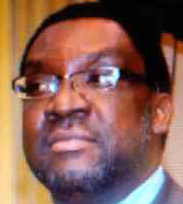
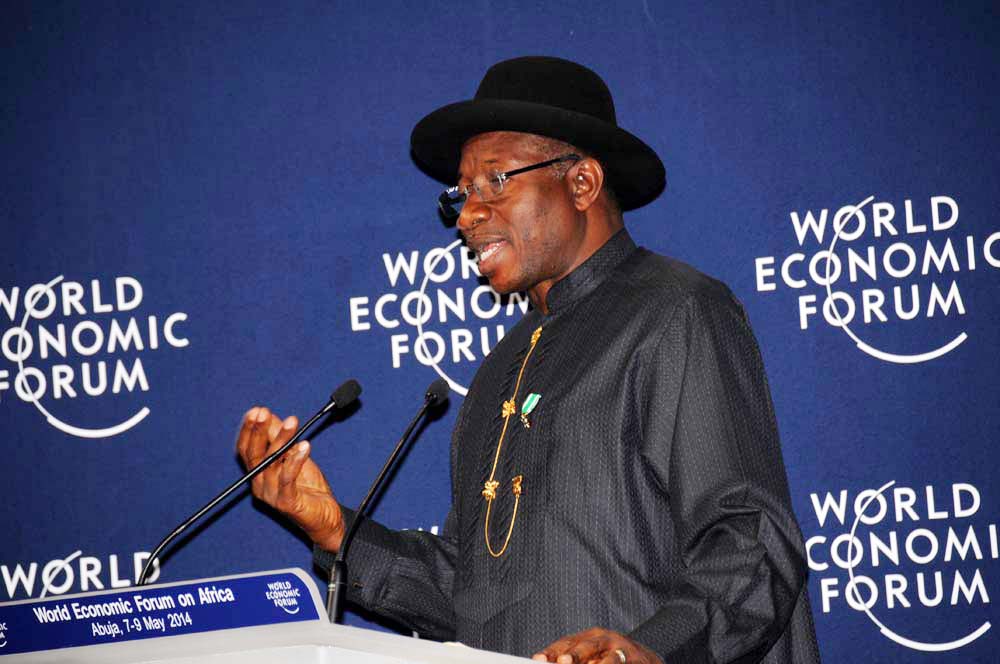
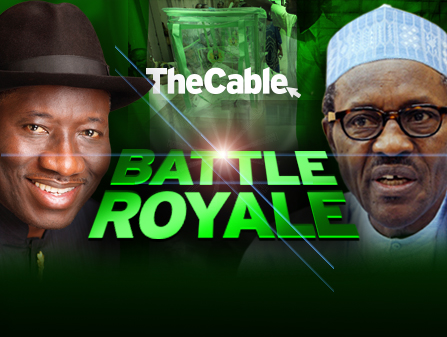
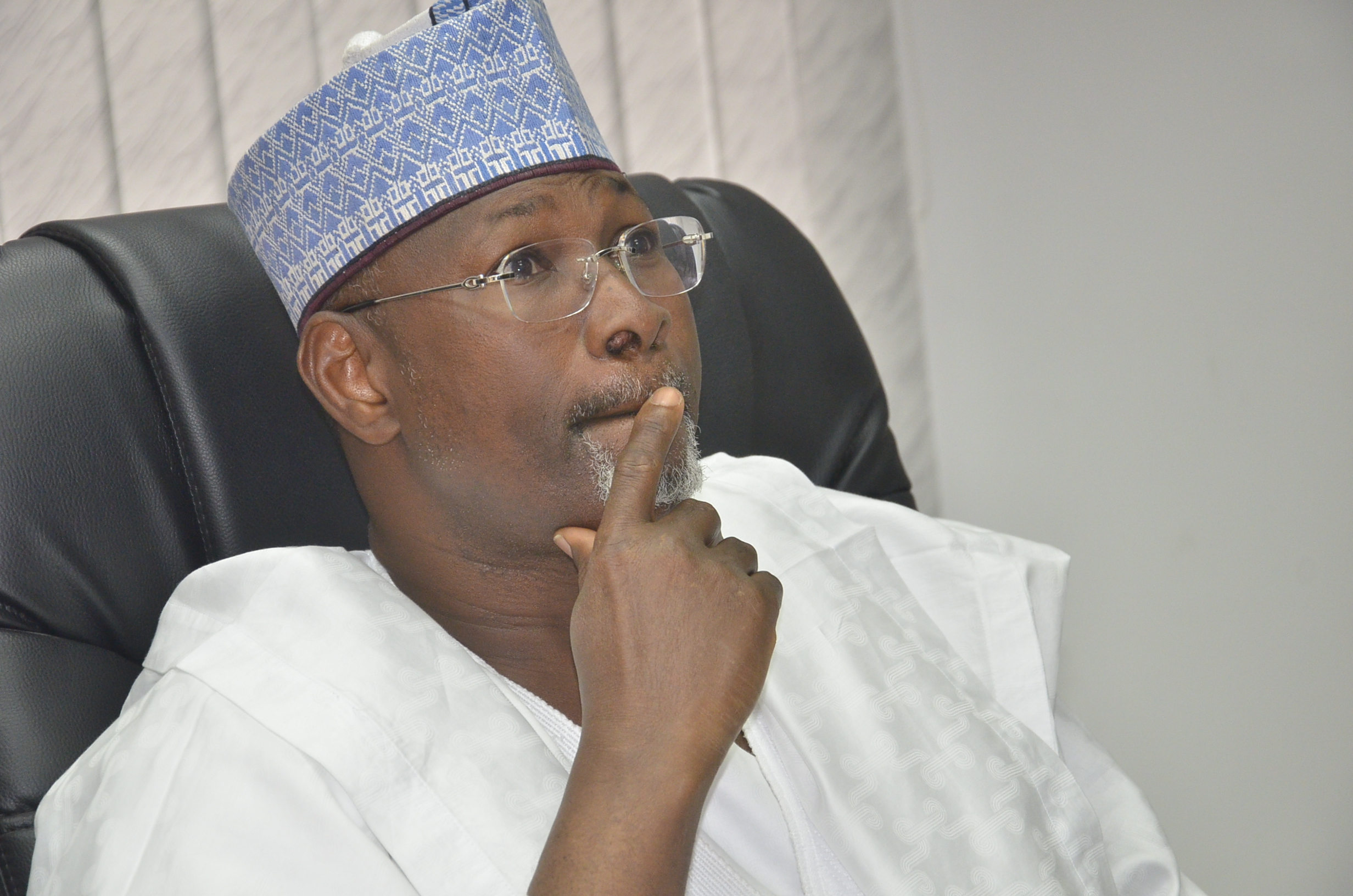
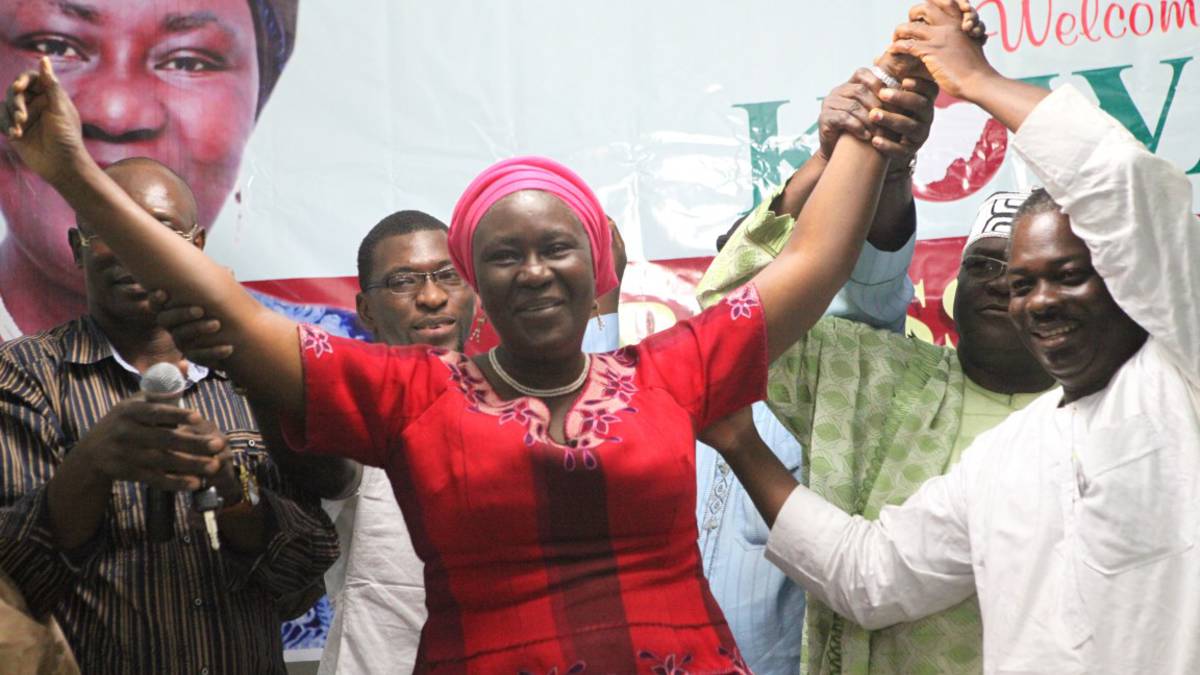
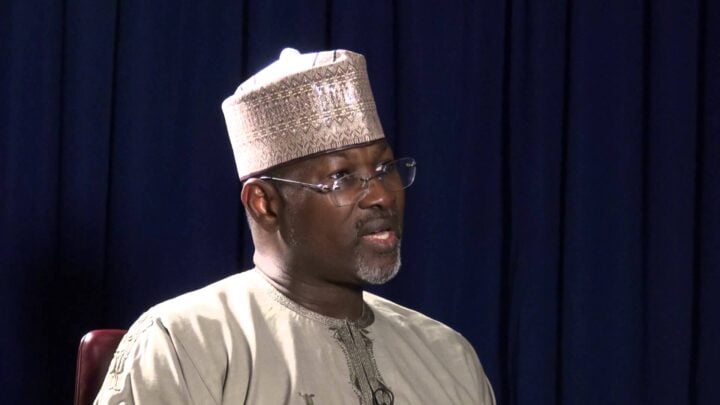
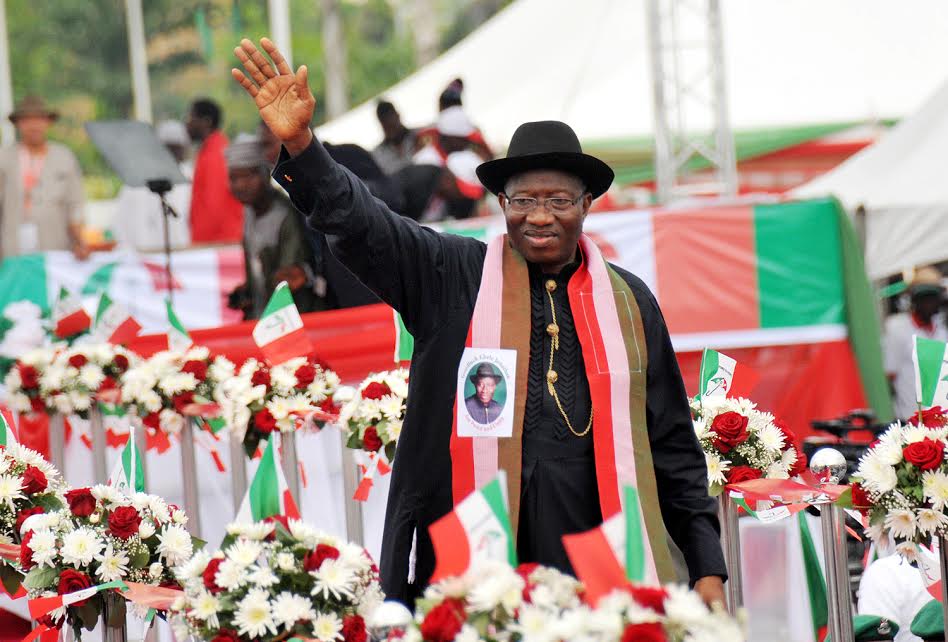
Nigeria should learn a big lesson from the ‘Gbagbo’ Story. It is high time we knew that no one is above the law. Patience Goodluck has to be very careful of her utterances and actions, even though a lot of damage has been done already. Nigerians need to wake up from their slumber and speak against our corrupt leaders. There’s no law that says a party has to remain in Aso rock for 8years. Competition is very healthy and as such helps to check, control and measure performance. Why are we then afraid of competition? We need smart, incorruptible and effective people to rule the nation. Nigeria definitely needs a change of government!
The Gbagbo story should serve as a big lesson for Nigeria as no one is above the law. The President’s Wife needs to be mindful of her utterances and actions even though a lot of damage has been done already. Nigerians need to wake up from their slumber and speak in one voice against violence in government.We need incorruptible and efficient leaders……Nigeria definitely needs a positive change in government!
Shame on you for using western propaganda to defile a great African leader…
Ouattara is not Ivorian is from Burkina Faso, how then would he win an election against an Ivorian? Is it conceivable in your mind that a Cameroonian wins presidential election in Nigeria against a Nigerian?
Gbagbo won the election but the western countries specially france did not want him because he wanted to move ivorian economy away from french control. All the accusations are complete fabrication and Nigerians have swallowed them without doing any research, any verifacation, what a shame!
The ICC keeps postponing the trial because they cannot find anything on him. They cannot find that he killed a fly, they cannot find that he stole a penny, they have absolutely nothing and Gbagbo doesn’t want to cut a deal, he insists that the truth about who won the election must be proclaimed…And you want to compare such integrity with your corrupt leader, are out of your mind?! I hope one day you find the truth about this matter and humble yourself before this great leader and his courageous wife that you have taken the liberty to vilify parroting western propaganda…